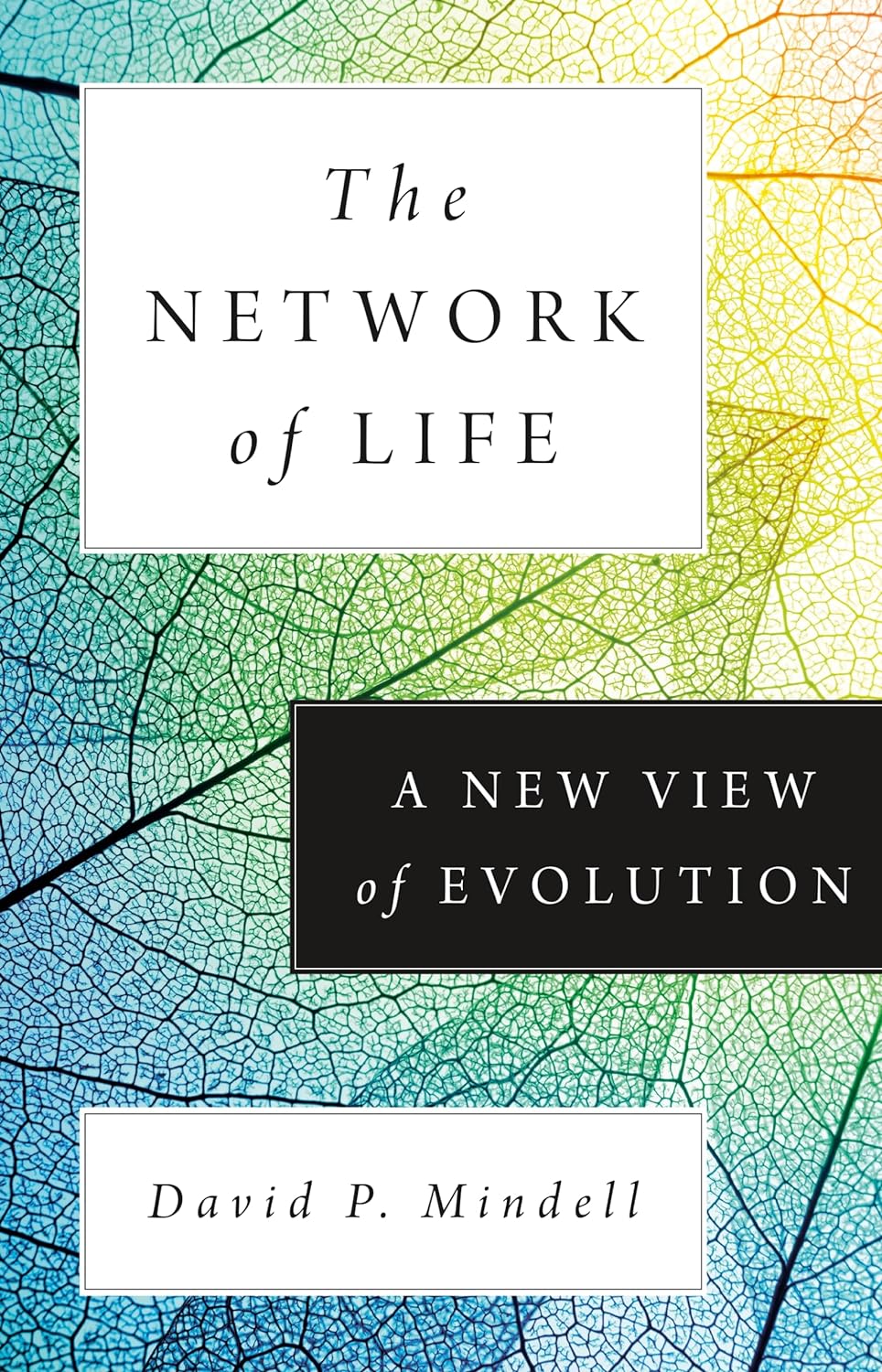Why evolution is like a network, not a family tree―and why it matters for understanding the health of all living things.
In The Network of Life, David Mindell explains why the conventional narrative of evolution needs to evolve. Ever since Darwin, evolution has largely been thought to work like a family tree in which species are related through a series of branching events. But, today, a growing knowledge of the ways species share genetic materials in a process known as horizontal evolution has revealed that evolution is actually a network of shared genealogy in which species are more interconnected than previously thought. In this book, Mindell presents this new narrative of life’s evolution and its profound implications for all life on Earth.
The Network of Life describes the drivers of horizontal evolution―interbreeding and genetic recombination, the merger of species, horizontal gene transfer, and coevolution. The network view of evolution that emerges supports a new symbiotic theory of health, which holds that the future health of humans, other species, and our shared environments depends on evolution and adaptation across life’s network.
Difficult times lie ahead for many of Earth’s species as climates and habitats transform. At the same time, new and altered life-forms are arising and spreading in association with human activities. We are also learning to reshape and create life by mimicking the mechanisms of horizontal evolution, and we are coevolving with technology as we enhance our bodies, brains, and life spans. The Network of Life shows why and how increasing our knowledge of horizontal evolution can provide critical lessons as we navigate our looming challenges.

